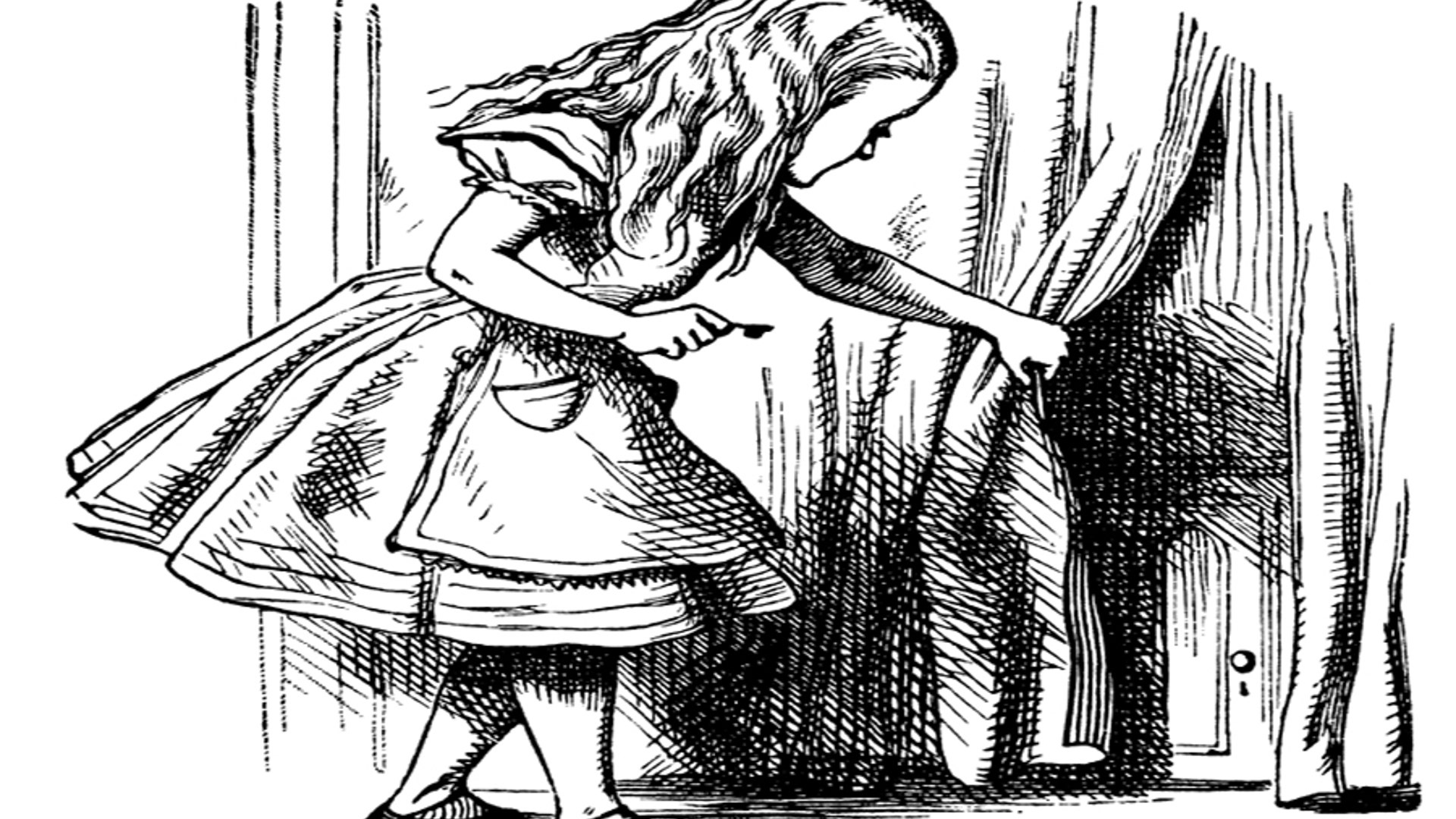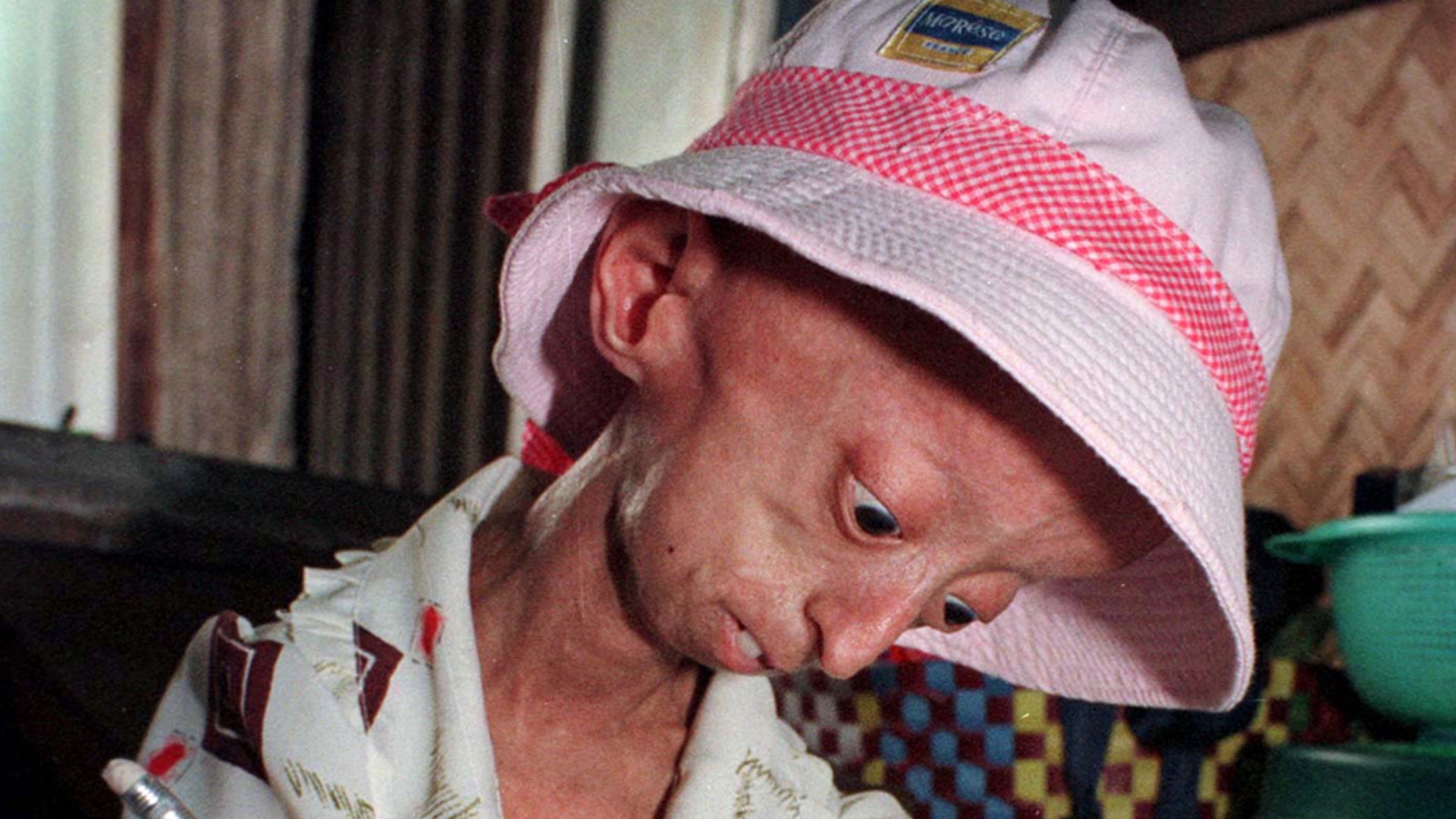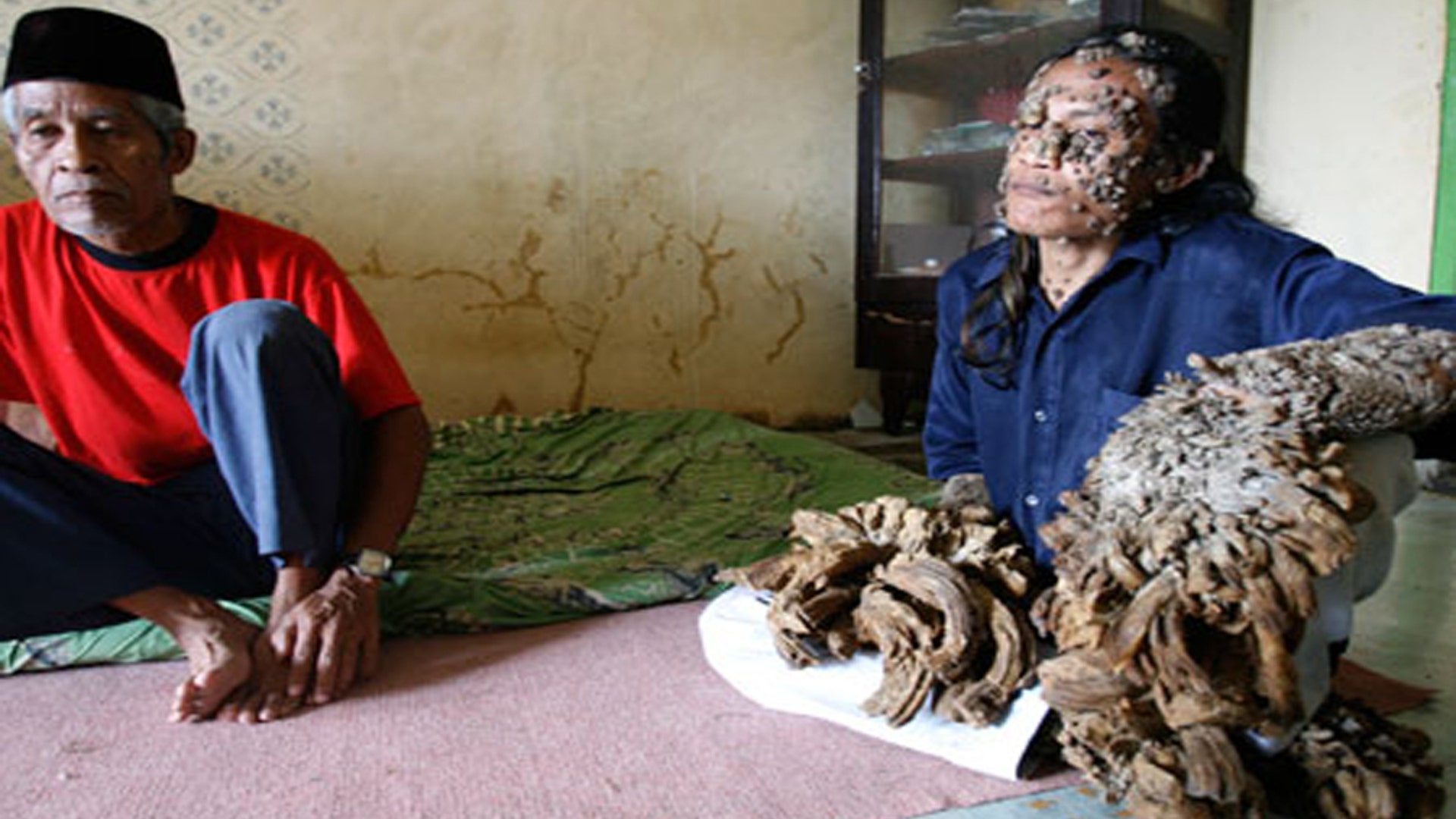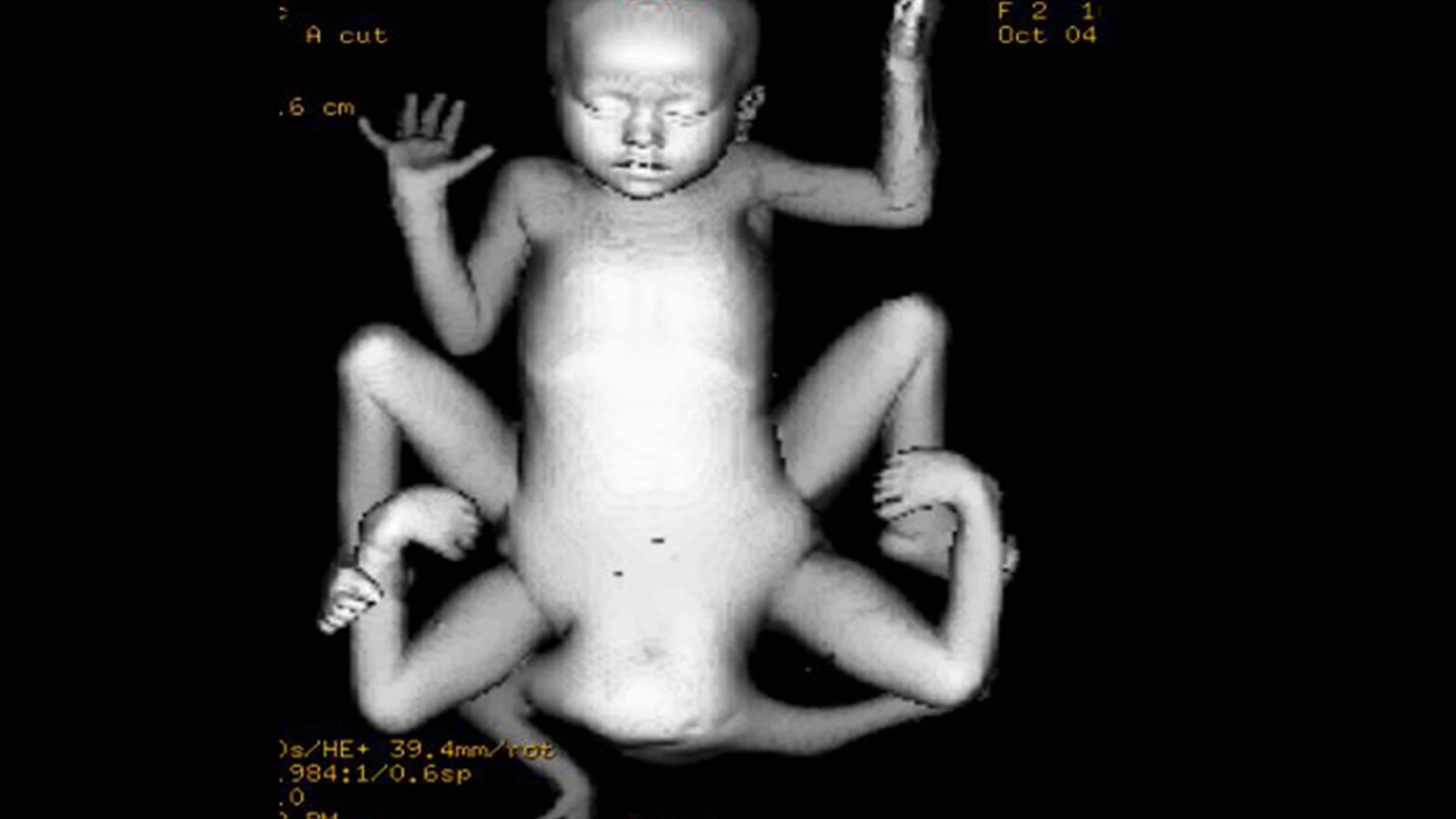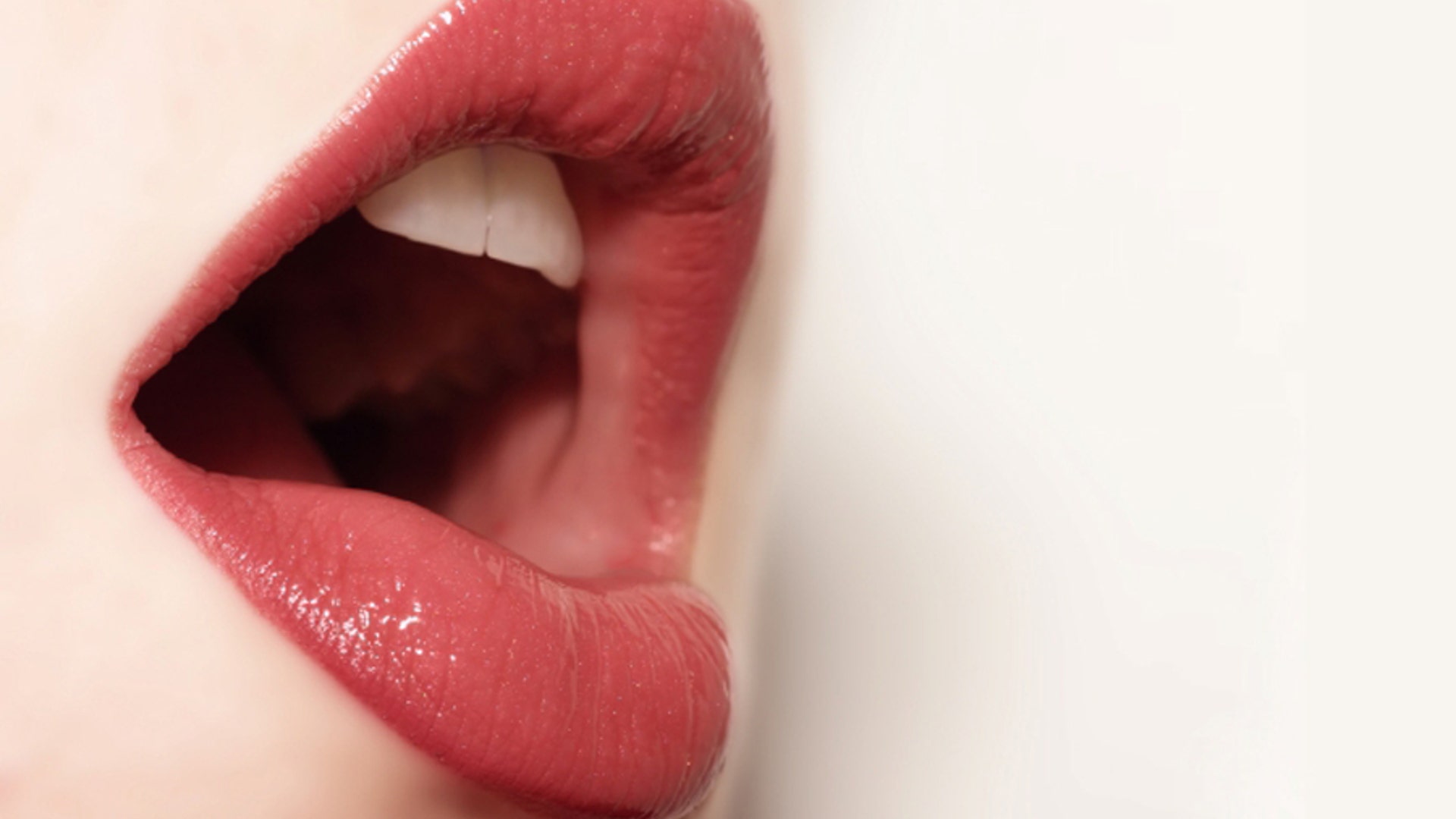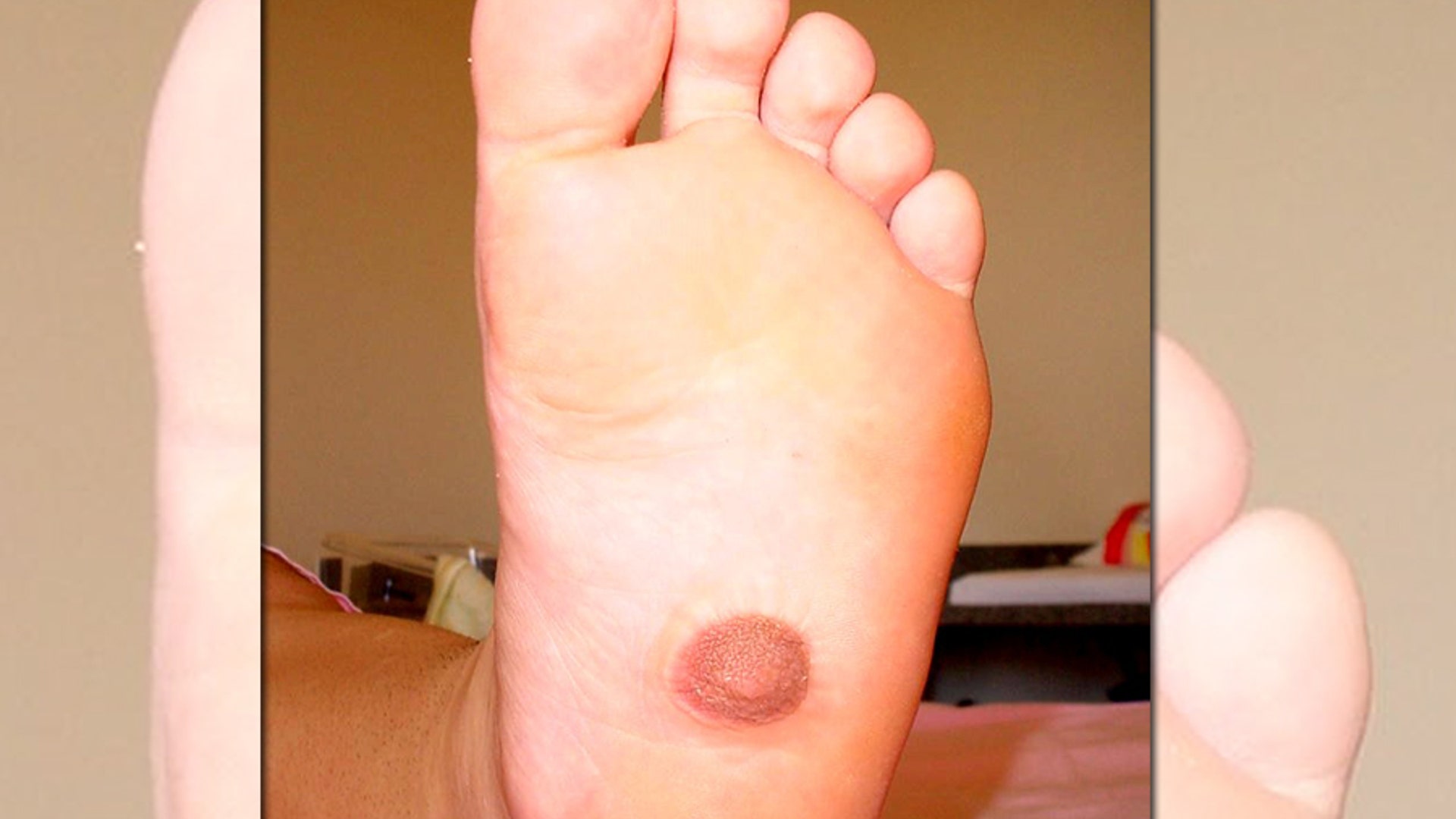Move Back
ADVERTISEMENT
Skip- Published9 Images
8 oddest medical conditions
The next time you complain about having the common cold, think about these maladies
![Alice in Wonderland Syndrome]() Alice in Wonderland Syndrome Looking in the mirror and seeing your head and hands five times their real size may not mean you have "gone mad," but instead are suffering from Alice in Wonderland Syndrome (AIWS). The most prominent symptom of AIWS is metamorphosis of the body, seeing parts much larger or smaller than they really are. Visual perception of other objects, such as buildings or cars, can look tiny to someone suffering from AIWS. Other symptoms can be distorted time perception, or time seemingly going by very slowly or quickly. Someone with AIWS might feel distorted touch perception, for example feeling like you are standing on spongy ground when it is actually concrete. These symptoms are most commonly felt at night. Scientists are unsure of the causes of AIWS, but think there may be a link to migraines. Currently there is no treatment for this syndrome, but regulating your sleep patterns and incorporating healthy eating habits has shown to lessen the symptoms of AIWS.read moreiStockShare
Alice in Wonderland Syndrome Looking in the mirror and seeing your head and hands five times their real size may not mean you have "gone mad," but instead are suffering from Alice in Wonderland Syndrome (AIWS). The most prominent symptom of AIWS is metamorphosis of the body, seeing parts much larger or smaller than they really are. Visual perception of other objects, such as buildings or cars, can look tiny to someone suffering from AIWS. Other symptoms can be distorted time perception, or time seemingly going by very slowly or quickly. Someone with AIWS might feel distorted touch perception, for example feeling like you are standing on spongy ground when it is actually concrete. These symptoms are most commonly felt at night. Scientists are unsure of the causes of AIWS, but think there may be a link to migraines. Currently there is no treatment for this syndrome, but regulating your sleep patterns and incorporating healthy eating habits has shown to lessen the symptoms of AIWS.read moreiStockShare![Progeria_Use]() Progeria Brad Pitt's role in "The Curious Case of Benjamin Button" was based on a real life medical condition. Progeria, also known as Hutchinson-Gilford Progeria syndrome, is a disease that accelerates the aging process when a child is 18 to 24 months old. As the child grows, some symptoms include hair loss, a small face, thin skin, loss of body fat, and a short stature. Children with progeria age six to eight times faster than the average person, and rarely live past the age of 13, due to heart disease. Only about 100 cases of progeria have ever been formally diagnosed in medical history. The odds of being diagnosed are roughly one in 8 million. Researchers are coming closer to answers recently discovered the cause of progeria in 2002. They believe it is caused by a mutation in the gene called LMNA, which makes the Lamin A protein. A effective Lamin A protein causes instability of cells which appear to lead to the process of premature aging. Although a rare disease, there has been more awareness thanks to Hollywood. Will Smith sent $25,000 to the Progeria Research Foundation last year.read more
Progeria Brad Pitt's role in "The Curious Case of Benjamin Button" was based on a real life medical condition. Progeria, also known as Hutchinson-Gilford Progeria syndrome, is a disease that accelerates the aging process when a child is 18 to 24 months old. As the child grows, some symptoms include hair loss, a small face, thin skin, loss of body fat, and a short stature. Children with progeria age six to eight times faster than the average person, and rarely live past the age of 13, due to heart disease. Only about 100 cases of progeria have ever been formally diagnosed in medical history. The odds of being diagnosed are roughly one in 8 million. Researchers are coming closer to answers recently discovered the cause of progeria in 2002. They believe it is caused by a mutation in the gene called LMNA, which makes the Lamin A protein. A effective Lamin A protein causes instability of cells which appear to lead to the process of premature aging. Although a rare disease, there has been more awareness thanks to Hollywood. Will Smith sent $25,000 to the Progeria Research Foundation last year.read more![Werewolf Syndrome]()
![Tree Man]() Tree Man Dede Koswara, the Indonesian man known to the world as "Tree Man," constantly battles woody bark-like growths, which cover his body. Having been largely freed from what doctors said was an extreme case of the sexually transmitted disease human pappilomavirus (HPV), Dede's life began returning to normal after surgery - doctors removed 13 pounds of warts. He was diagnosed by American dermatologist, Dr. Anthony Gaspari. After the surgery, Dede's hands — once an indistinguishable mass of scales — were able to once again hold a cell phone and a fishing pole. But just four months after leaving hospital, Dede spoke to Metro.co.uk of his dismay to find the warts were fighting back. "Those (warts) that were removed are growing again and started to reappear after I returned home," he said from his home in the West Java village of Tanjung Jaya. "I'm not desperate but I want to recover."read more
Tree Man Dede Koswara, the Indonesian man known to the world as "Tree Man," constantly battles woody bark-like growths, which cover his body. Having been largely freed from what doctors said was an extreme case of the sexually transmitted disease human pappilomavirus (HPV), Dede's life began returning to normal after surgery - doctors removed 13 pounds of warts. He was diagnosed by American dermatologist, Dr. Anthony Gaspari. After the surgery, Dede's hands — once an indistinguishable mass of scales — were able to once again hold a cell phone and a fishing pole. But just four months after leaving hospital, Dede spoke to Metro.co.uk of his dismay to find the warts were fighting back. "Those (warts) that were removed are growing again and started to reappear after I returned home," he said from his home in the West Java village of Tanjung Jaya. "I'm not desperate but I want to recover."read more![Persistent Genital Arousal Disorder]() Persistent sexual arousal syndrome Dr. Sandra Leiblum, former director of the Center for Sexual and Relationship Health at the Robert Wood Johnson Medical School in New Jersey and author of "Principles and Practices of Sexual Therapy," first coined the term ‘persistent sexual arousal syndrome,’ which later became persistent genital arousal disorder. Leiblum defined persistent sexual arousal syndrome as "intense feelings of genital congestion and sensations that are typically unaccompanied by any conscious awareness of sexual desire" in an article published for the Women's Sexual Health Foundation in Cincinnati, a non-profit organization dedicated to educating women and doctors on conditions that may impact sexual health and function. Paradoxically, she wrote, sexual activities intended to relieve the symptoms can reinforce the sensations or provide only temporary relief. In fact, Leiblum said, the sensations can last hours or even days, and they truly are unwanted and intrusive. Persistent genital arousal disorder affects women of all ages. It isn’t known how many women are afflicted, because many feel too embarrassed to speak with their doctors.read more
Persistent sexual arousal syndrome Dr. Sandra Leiblum, former director of the Center for Sexual and Relationship Health at the Robert Wood Johnson Medical School in New Jersey and author of "Principles and Practices of Sexual Therapy," first coined the term ‘persistent sexual arousal syndrome,’ which later became persistent genital arousal disorder. Leiblum defined persistent sexual arousal syndrome as "intense feelings of genital congestion and sensations that are typically unaccompanied by any conscious awareness of sexual desire" in an article published for the Women's Sexual Health Foundation in Cincinnati, a non-profit organization dedicated to educating women and doctors on conditions that may impact sexual health and function. Paradoxically, she wrote, sexual activities intended to relieve the symptoms can reinforce the sensations or provide only temporary relief. In fact, Leiblum said, the sensations can last hours or even days, and they truly are unwanted and intrusive. Persistent genital arousal disorder affects women of all ages. It isn’t known how many women are afflicted, because many feel too embarrassed to speak with their doctors.read more![Parasitic Twin]() Parasitic twin Lakshmi Tatma was born joined at the pelvis to a “parasitic twin” that stopped developing in her mother’s womb. The twin had no head or brain, but Lakshmi absorbed the twin's limbs, kidneys and other body parts. It took doctors 27 hours to operate on Lakshmi. During the surgery, which took place at the Sparsh hospital in Bangladore, India, surgeons removed Lakshmi’s extra limbs, transplanted a kidney from the twin and reconstructed the girl’s pelvic area. However, she will require more surgeries and rehabilitation, especially as she grows. Lakshmi was named for the six-limbed Hindu goddess who represented wealth and prosperity. Lakshmi is now attending school, and playing sports.read more
Parasitic twin Lakshmi Tatma was born joined at the pelvis to a “parasitic twin” that stopped developing in her mother’s womb. The twin had no head or brain, but Lakshmi absorbed the twin's limbs, kidneys and other body parts. It took doctors 27 hours to operate on Lakshmi. During the surgery, which took place at the Sparsh hospital in Bangladore, India, surgeons removed Lakshmi’s extra limbs, transplanted a kidney from the twin and reconstructed the girl’s pelvic area. However, she will require more surgeries and rehabilitation, especially as she grows. Lakshmi was named for the six-limbed Hindu goddess who represented wealth and prosperity. Lakshmi is now attending school, and playing sports.read more![Foreign Accent Syndrome]() Foreign accent syndrome This is a rare syndrome that affects only people who have had strokes – they emerge from the stroke speaking in an accent different from the one they used to speak. It can happen if a stroke damages the parts of the left hemisphere of the brain related to speech production. Foreign Accent Syndrome was highlighted in last year’s "Canadian Journal of Neurological Sciences," when a woman from Ontario, Canada had a left-sided stroke and began speaking in an East Coast accent.read more
Foreign accent syndrome This is a rare syndrome that affects only people who have had strokes – they emerge from the stroke speaking in an accent different from the one they used to speak. It can happen if a stroke damages the parts of the left hemisphere of the brain related to speech production. Foreign Accent Syndrome was highlighted in last year’s "Canadian Journal of Neurological Sciences," when a woman from Ontario, Canada had a left-sided stroke and began speaking in an East Coast accent.read more![nipple_toe]() Supernumerary breast tissue Talk about bizarre. A 22-year-old woman, who went to the doctor for what she thought was a lesion on her foot, actually had a nipple growing on the plantar region of her left foot. The growth, which is called supernumerary breast tissue (SBT), had been there since birth and is “rarely found beyond the mammary line,” researchers said in a report published in the Dermatology Online Journal. Click here for information on the report. “To our knowledge, this is the first report of supernumerary breast tissue on the foot,” the researchers stated. Between 1 and 5 percent of the population are affected by SBT.read more
Supernumerary breast tissue Talk about bizarre. A 22-year-old woman, who went to the doctor for what she thought was a lesion on her foot, actually had a nipple growing on the plantar region of her left foot. The growth, which is called supernumerary breast tissue (SBT), had been there since birth and is “rarely found beyond the mammary line,” researchers said in a report published in the Dermatology Online Journal. Click here for information on the report. “To our knowledge, this is the first report of supernumerary breast tissue on the foot,” the researchers stated. Between 1 and 5 percent of the population are affected by SBT.read more![nipple]()
- Published9 Images
8 oddest medical conditions
The next time you complain about having the common cold, think about these maladies
Move Forward
- 8 oddest medical conditions









Thumbnail View
Image 0 of 9
